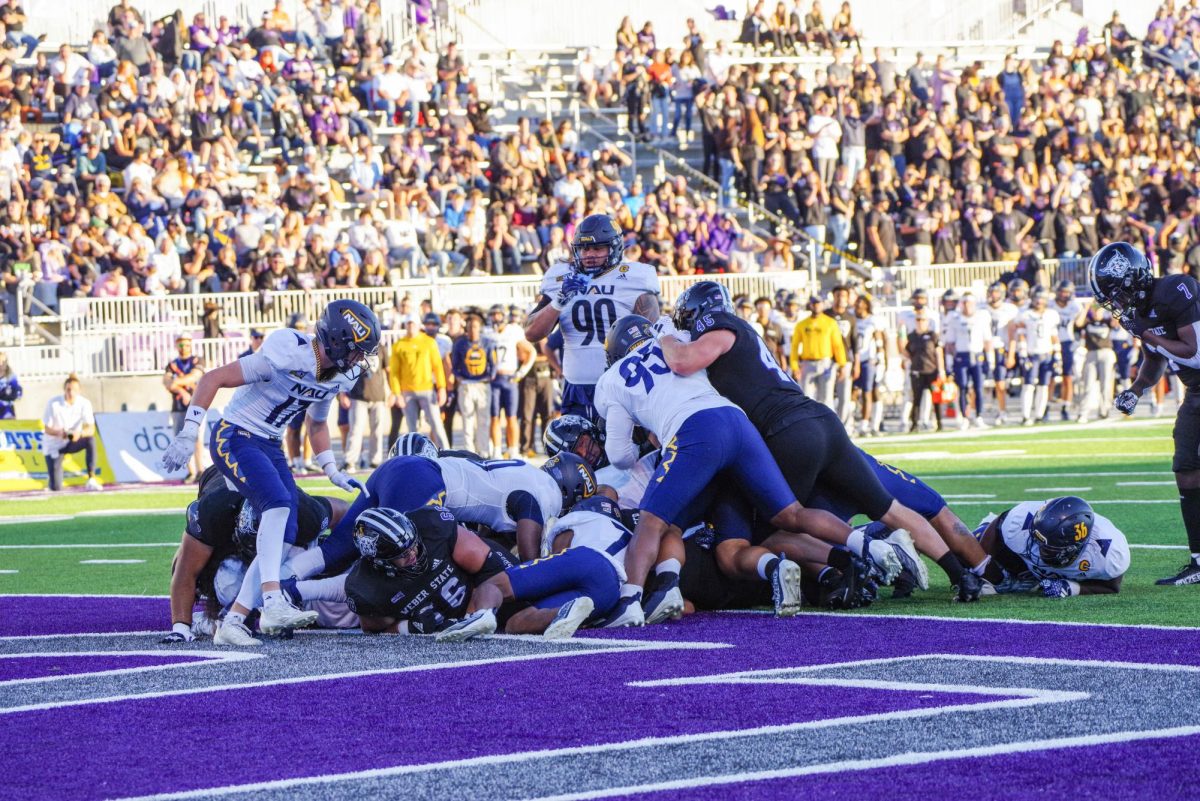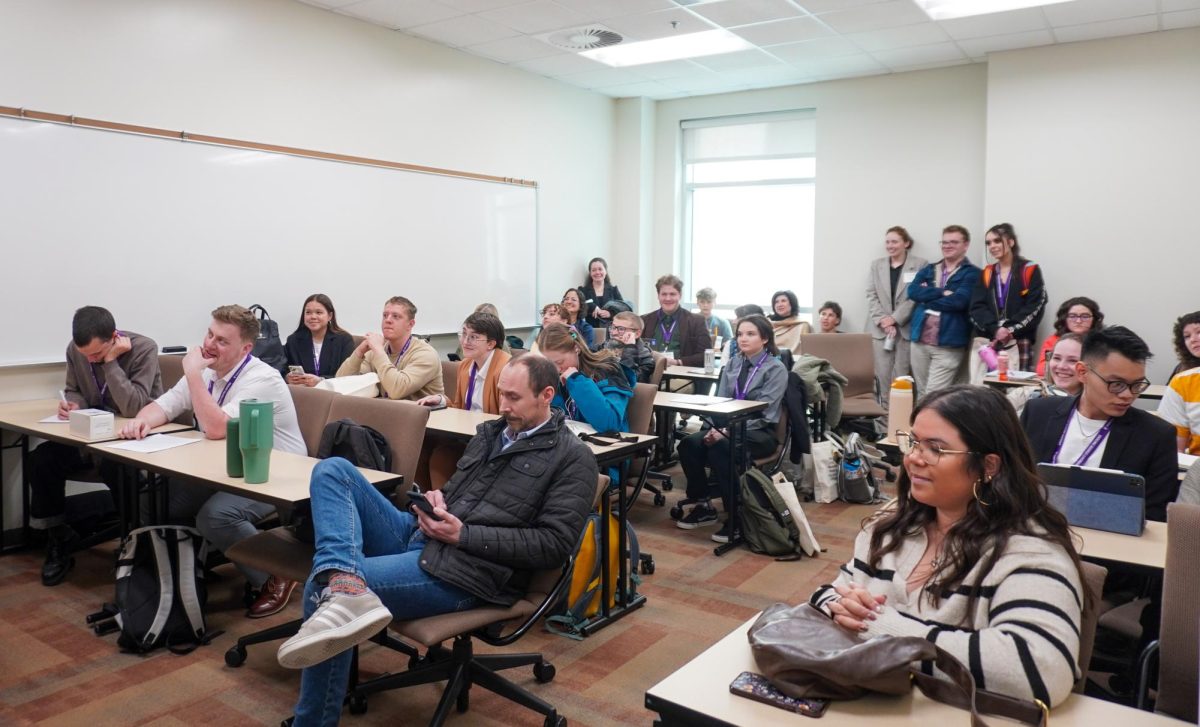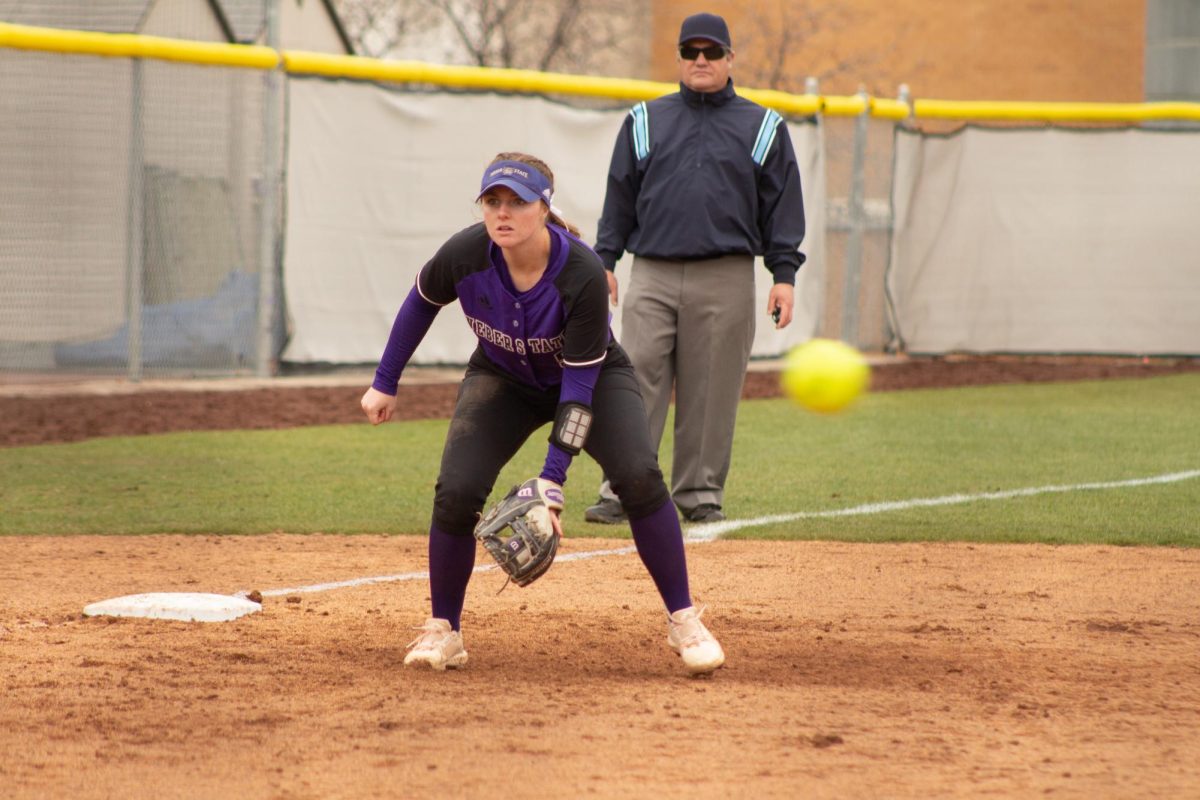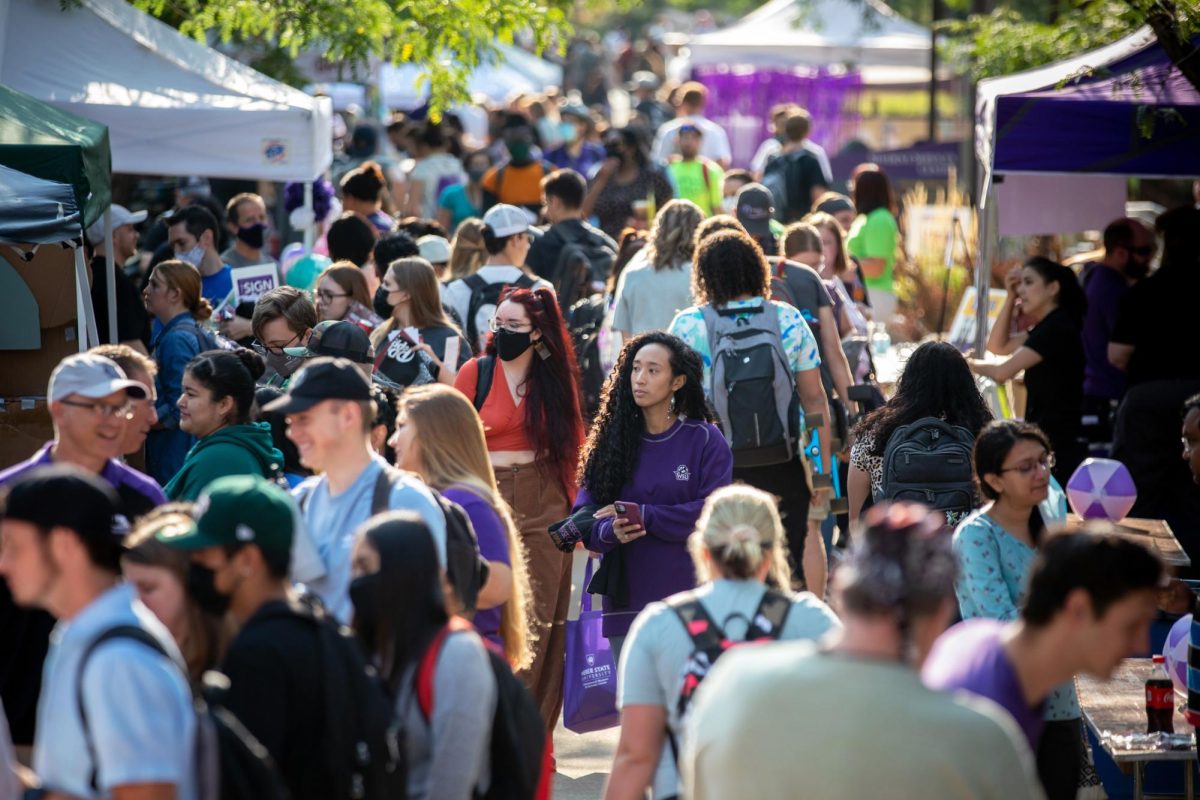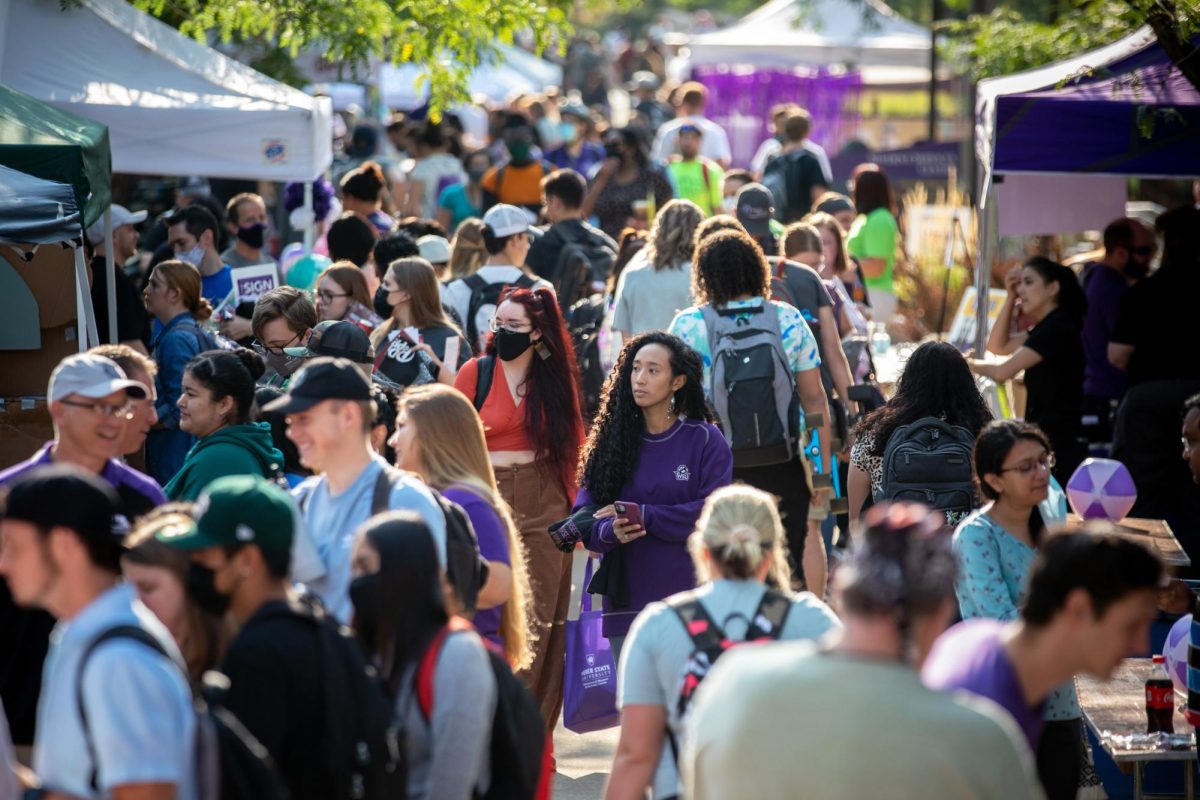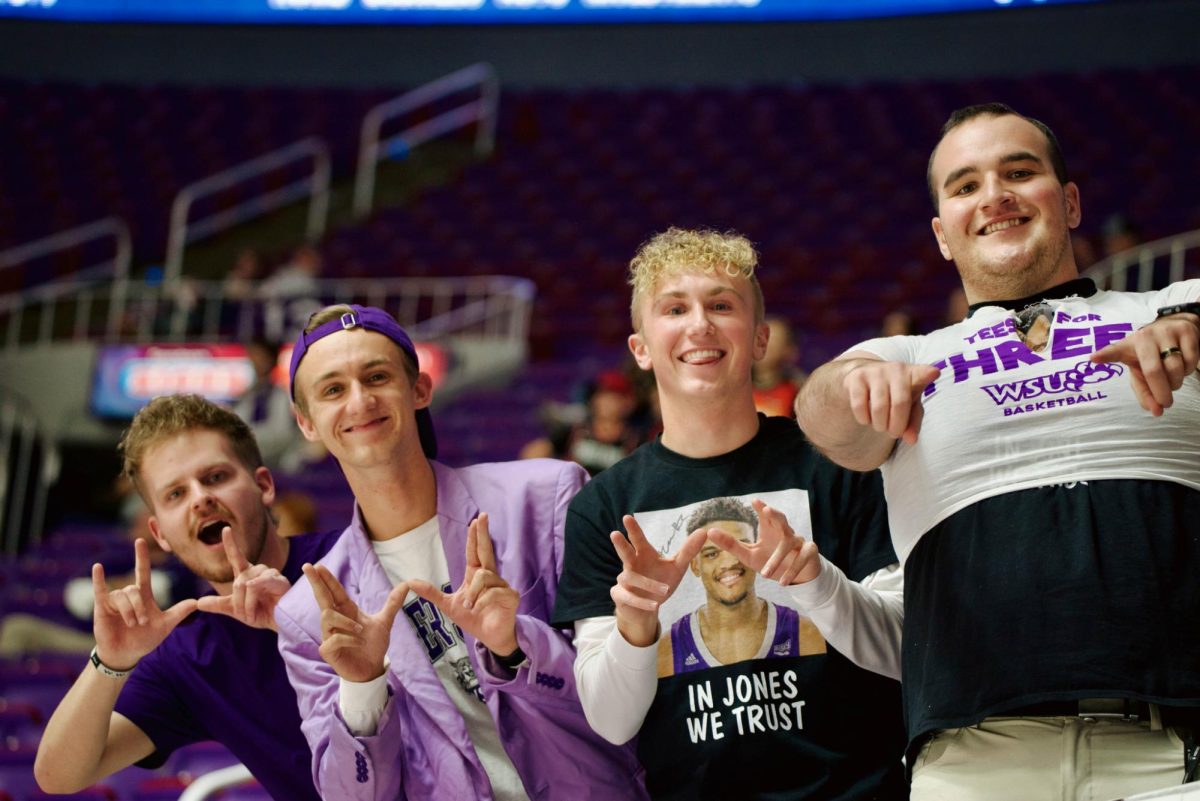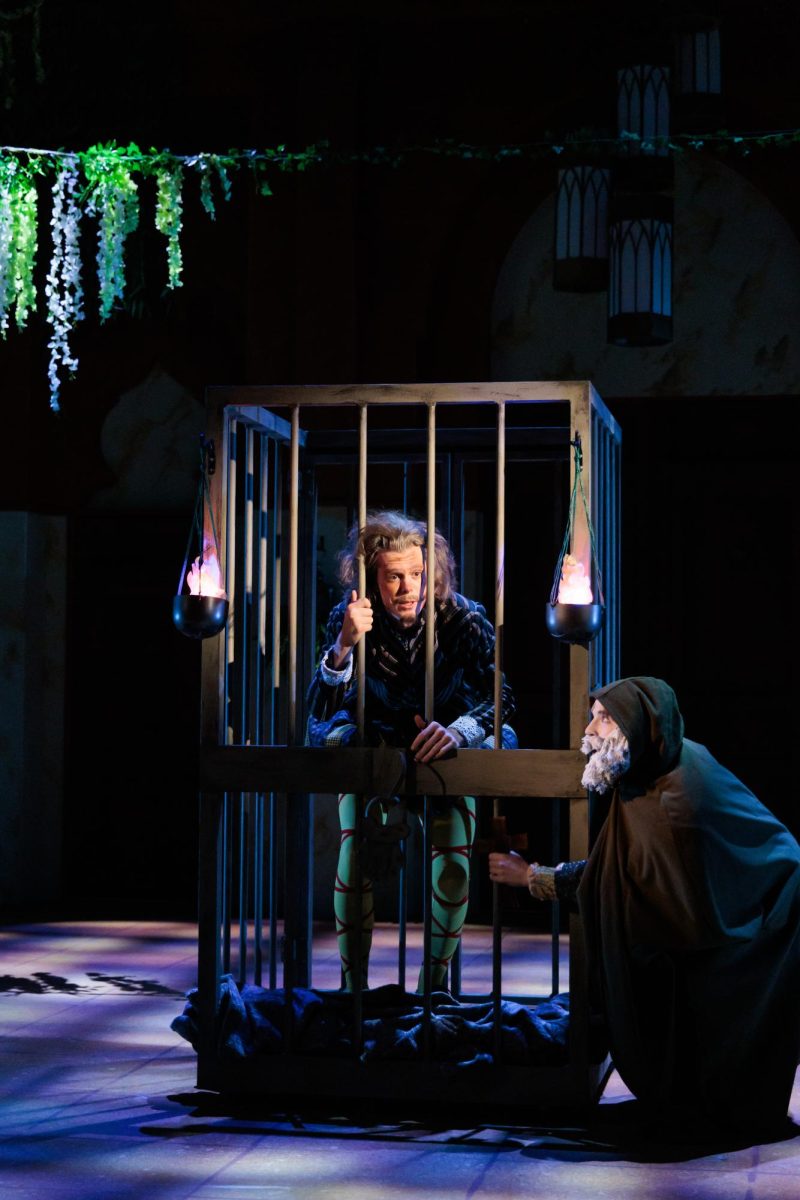National Hispanic Heritage Month (HHM) was first proclaimed by former President George H. W. Bush on Sept. 14, 1989, so Americans could recognize the positive influence of Hispanic Americans through history and culture.
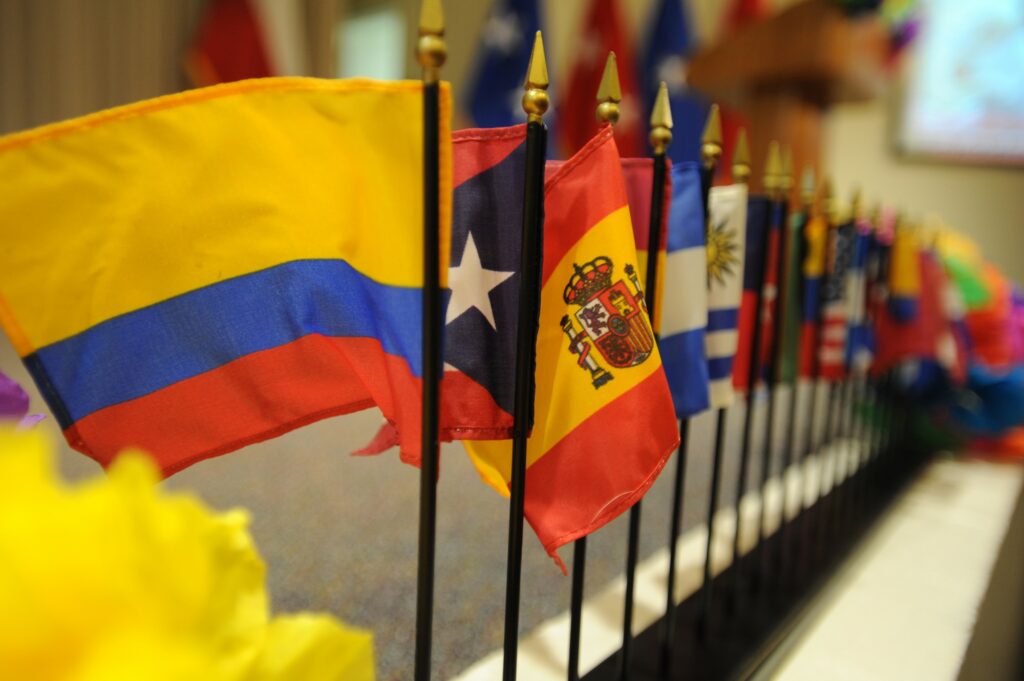
According to the official Hispanic Heritage Month website, “National Hispanic Heritage Month traditionally honors the cultures and contributions of both Hispanic and Latino Americans as we celebrate heritage rooted in all Latin American countries.”
This year, Hispanic Heritage Month began on Sept. 15 and lasts through Oct. 15.
The Diversity and Inclusive Programs and the Center for Multicultural Excellence at WSU have prepared a month’s worth of events in celebration of HHM for the university. Because Hispanic people from all different countries and different majors attend Weber State, these events have been chosen to cater to a variety of topics. Events have also been created and adjusted to be virtual, allowing for social distancing.
Events include a virtual dance party with DJ Drew, an activist panel called “How Colorism Affects The Hispanic Community,” an art exhibit showcasing Mexican culture in Utah, a hispanic cooking class and a keynote speech from Biotechnologist Dr. Caicedo, who will speak about COVID-19 and the biopharma industry
William Fernando Angel Amaya, Hispanic Senator for WSU’s Hispanic Area Council, said that going forward with events virtually has been known to have its obstacles, but it shows that Weber cares about the student population.
“With the current times we’re living in, events are gonna be a lot different, but they’re gonna still have the same impactful message that they’ve had in the past,” Amaya said. “Weber’s really putting in the effort and they are making sure that students feel valued and safe here.”
At WSU there are resources and organizations helpful for international students in navigating school, feeling productive and connecting to those similar to them. One such organization is the Hispanic Area Council. The HAC strives for inclusiveness with every Weber State University student.
HAC advisor Monica Rodriguez is a Colombia native who has always had a love for working with multicultural students and their families.
Rodriguez said it’s important that HHM is celebrated at WSU so that the HAC can have a positive impact on students, and help them realize Latinx Americans have made a positive impact on America.
“It’s an opportunity to be able to embrace, educate, advocate and connect as a community,” Rodriguez said. “We have an existential group of leaders that represent different interests on campus.”
Another such organization is WSU’s Ballet Folklorico, a hispanic folk dance group that also “helps students develop leadership skills by mentoring, advising, community service, strengthening strong cultural identities and engaging in social activities,” according to their website.
Maria Vasquez, Ballet Folklorico president, said it’s neat that the dance team helps her learn about different countries; the costumes, dances and music all tell a story, making Folklorico dance unique.
Learning new things about their culture through the HAC and Ballet Folklorico is something Vasquez and Amaya are both passionate about.
“You have to engage in a more extreme way,” Amaya said. “Here in the U.S. it’s really hard to keep those traditions, especially in a place like Utah. That’s the reason why we have to learn about our history and different traditions, so we can bring it to Weber State. We have to instill that in the generations that come after us.”
These campus groups also provide community and support for international and multicultural students, like a second family.
Vasquez said it can be difficult if she’s in class and doesn’t know what a certain word means, but she feels comfortable asking her peers from the Ballet Folklorico her questions because they can relate to what she’s going through, as well. They are the community she’s able to lean on without feeling judged.
“We have the same struggles with a different story,” Vasquez said. “It’s a beautiful learning experience to be involved. If English isn’t your first language and you’re trying to finish your college education, it can be challenging, but it’s not impossible. It’s nice having people rooting for you.”
Getting involved in international clubs on campus helps students to learn about each other. Amaya said his family always made sure he was involved in school and learned about the history and traditions of other cultures. That was one of his favorite parts about being involved in the HAC.
Learning about all cultures is important and can be beneficial to all students. It can help clarify misconceptions about other cultural groups. For example, different Hispanic cultures celebrate different holidays and have different traditions. Another example Vasquez has heard in the past is the assumption that every Hispanic eats spicy foods, while in fact Colombians and Guatemalans do not eat spicy food.
As far as learning about hispanic cultures, Rodriguez said anyone is welcome to join the HAC and attend their meetings. Vasquez urges anyone who is interested in HAC to join, regardless of where they come from.
Vasquez said it’s just a matter of wanting to learn about different cultures and become more educated.
“We do share the language, but at the same time, our cultures and traditions are different, and that should be interesting to learn,” Vasquez said. “Our cultures are different, but we are here for each other.”
As a hispanic community, Amaya urges that more people get more involved to talk about certain issues within the community.
Amaya and Vasquez agreed that WSU could be doing a better job of advertising name recognition within the HAC and other international clubs on campus.







